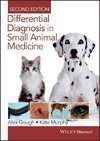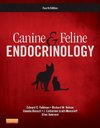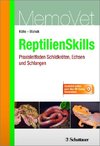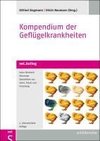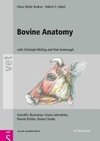
-
 Anglický jazyk
Anglický jazyk
Characterization of Thermostable Peste Des Petits Ruminants Virus
Autor: S. Chitradevi Somasundaram
Peste des petits ruminants (PPR) (Synonyms: Stomatitis-pneumoenteritis Complex and Kata) is an economically important viral disease of goats and sheep. It is characterized by severe pyrexia, oculonasal discharges, stomatitis, diarrhoea and pneumonia. In... Viac o knihe
Na objednávku, dodanie 2-4 týždne
36.99 €
bežná cena: 41.10 €
O knihe
Peste des petits ruminants (PPR) (Synonyms: Stomatitis-pneumoenteritis Complex and Kata) is an economically important viral disease of goats and sheep. It is characterized by severe pyrexia, oculonasal discharges, stomatitis, diarrhoea and pneumonia. In susceptible flocks, morbidity may be 100 per cent and mortality more than 90 per cent. The causative agent, PPR virus (PPRV), is a member of the genus Morbillivirus of the family Paramyxoviridae and is antigenically closely related to rinderpest virus (RPV).Effective control of this disease is of economic importance in endemic areas. Control of PPR outbreak relies on quarantine combined with the use of focussed vaccination and prophylactic immunization in high-risk populations. Tissue culture adapted rinderpest vaccine was used to control the PPRV infection. But it was contraindicated because it produces antibodies to rinderpest, which interferes with the sero-surveillance for rinderpest.However, as with many modified live lyophilized vaccines, the attenuated PPR vaccine requires refrigeration to prevent thermal inactivation. The stability of live PPR vaccine may be lost due to the difficulty of maintaining the cold chain.
- Vydavateľstvo: LAP LAMBERT Academic Publishing
- Rok vydania: 2020
- Formát: Paperback
- Rozmer: 220 x 150 mm
- Jazyk: Anglický jazyk
- ISBN: 9786202682480


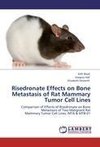
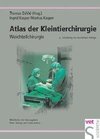
 Nemecký jazyk
Nemecký jazyk 